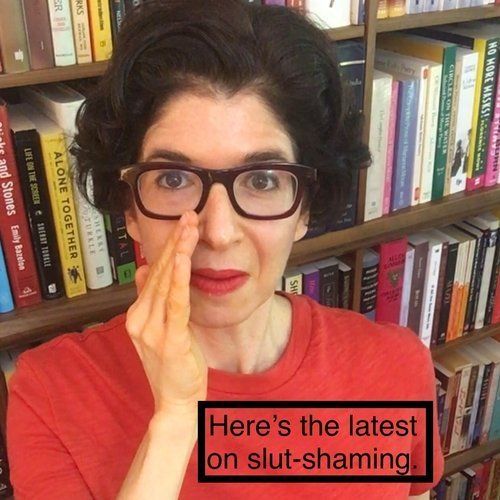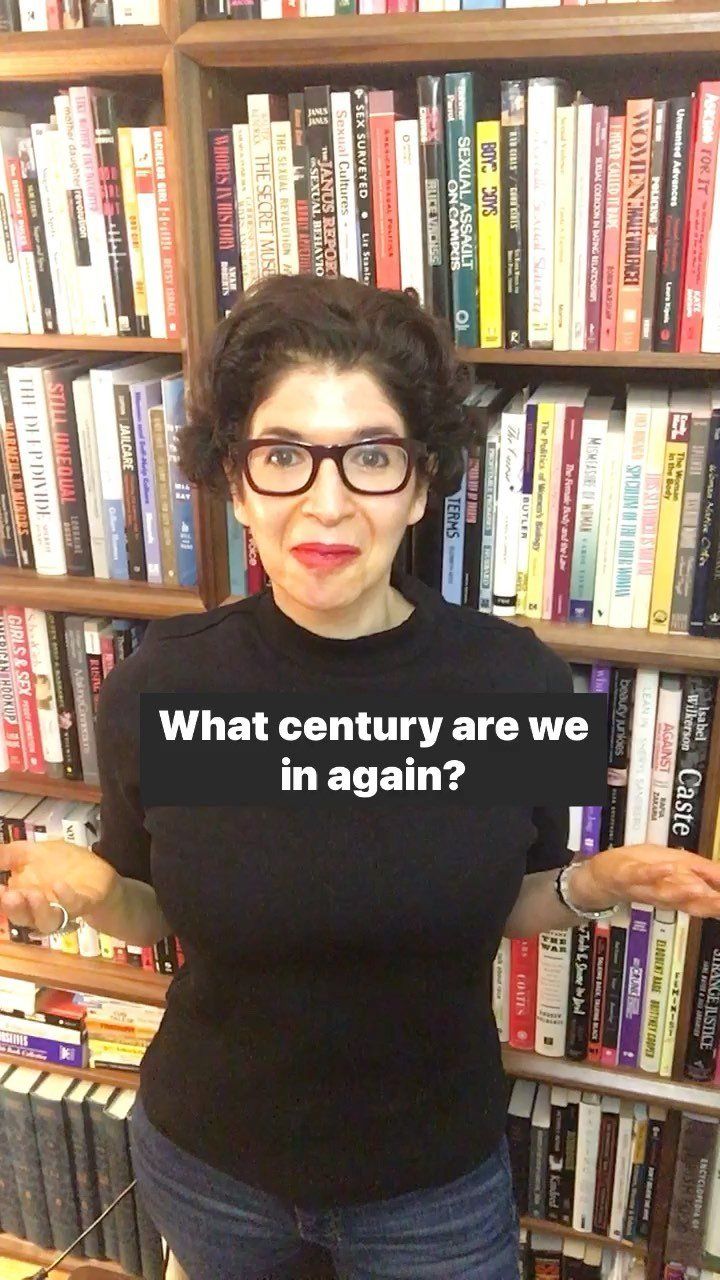THE LEORA LETTER
October 12, 2022

Slut-shaming matters because when people are dismissed as sluts, hoes, and thots, they are denied care and compassion as human beings and in a variety of situations, including when they are sexually harassed, sexually assaulted, and need an abortion.
No means no. Yes means yes. You can’t consent when you’re passed out. No matter what you’re wearing, you weren’t asking for it.
All of this is true—but not enough. Sexual assault on US campuses is just as prevalent as ever, involving between a fifth and a quarter of students. Clearly, a new approach is needed.
Jennifer S. Hirsch and Shamus Khan proposed exactly that with SHIFT (the Sexual Health Initiative to Foster Transformation). The key findings of this initiative were reported in 2019 and expanded in the 2020 book Sexual Citizens: Sex, Power, and Assault on Campus. They bear repeating today because they are so monumentally important yet largely under-discussed.
Hirsch and Khan conducted 1600 surveys and interviews with 150 students about campus sexual assault at Columbia University. Most incidents of assault in this study occurred when one or both students were heavily intoxicated. But just telling people to reduce their alcohol intake isn’t working and can imply that the victim is at fault. And many students reported that they were verbally coerced into having sex they did not want.
Hirsch and Kahn concluded that prevention efforts focus too heavily on individual attitudes and behaviors. Instead, higher education, along with the K-12 system, must look holistically at their social and community environment.

Hunter Schafer and Zendaya in a scene from “Euphoria,” a show that unflinchingly depicts sex, drugs, and violence among teenagers.
Students need better, more comprehensive sex education that starts years before they arrive on campus and that promotes a concept of “sexual citizenship.” Hirsch and Khan define “sexual citizenship” as “an internal sense of one’s own right to sexual self-determination, and others’ equivalent right to decide if, how, and when to have sex.” They add that this “sense of oneself as a sexual agent lays the foundation for meaningfully being able to consent.”
Most students are not properly educated about their right to sexual autonomy and sexual refusal. They don’t know how to say no and how to recognize when their partner is saying no, or wants to say no but can’t. Many women do not feel they have this right. As one woman said, ‘It would have been rude to say no.’”
When The New York Times interviewed college students in 2018 about their experiences with sex and consent on campus, one student said, “‘No’ does not mean ‘convince me,’” and another reported, “I felt like I owed him something.”
Here’s my take: With 62% of public middle schools and 56% of public high schools enforcing “strict” dress codes, often with the justification that girls’ clothes are “distracting,” young people are absorbing lessons that are the opposite of what Hirsch and Khan recommend.
When your teachers and school administrators routinely look you up and down, you learn that being sexualized is normal, that people with power get away with it, and that you have no ability to challenge your treatment without consequences. You also internalize that some girls, maybe including yourself, are slutty because of physique.
As I have demonstrated, girls told by their peers or adults that they are slutty often become sexually active sooner than they might otherwise, with their reputation serving as a self-fulfilling prophecy. Many participate in sexual behavior they don’t particularly want but believe they should engage in because that is the core of their identity.
In a culture of slut-shaming, anyone sexualized without their consent learns how not to be a sexual agent. Meanwhile, everyone witnesses a cultural disregard for good sexual citizenship—which can lead to an inability to recognize refusal.
Here is one easy fix that would make a real impact: K-12 schools should ditch their dress codes and create opportunities for students to learn how to stand up for themselves when facing unwanted attention, sexual or otherwise. These lessons in sexual citizenship would enable students to build healthy social and sexual relationships that would have an impact for the rest of their lives.
On my night table
Consent: A Memoir of Unwanted Attention | Book | Donna Freitas
“We have made consent out to be something straightforward, as straightforward as the single word no, but we are lying to ourselves and one another about this. If stopping someone’s behavior were as magical as uttering a two-letter word, then my professor’s behavior would never have gone on as long as it did.”
“The Victim Who Became the Accused” | Article | Rachel Aviv
“The legal system generally puts sexual intercourse into two categories—rape or not rape—a binary that is at odds with the way these things often unfold: two drunk people with unequal power who find themselves sexually involved for reasons that are complex and unstated. Such encounters are rarely not confusing.”
Dressed and Ready to Learn: A Resource for Students, Parents and Educators to Identify, Challenge and Change Gendered Dress Codes in K-12 Schools | Educational Resource | Legal Momentum, the Women’s Legal Defense and Education Fund
“Many of these dress code restrictions ignore body diversity—particularly at the ages surrounding puberty—and assume all students will meet the same unrealistic body types portrayed in fashion ads and media.”



